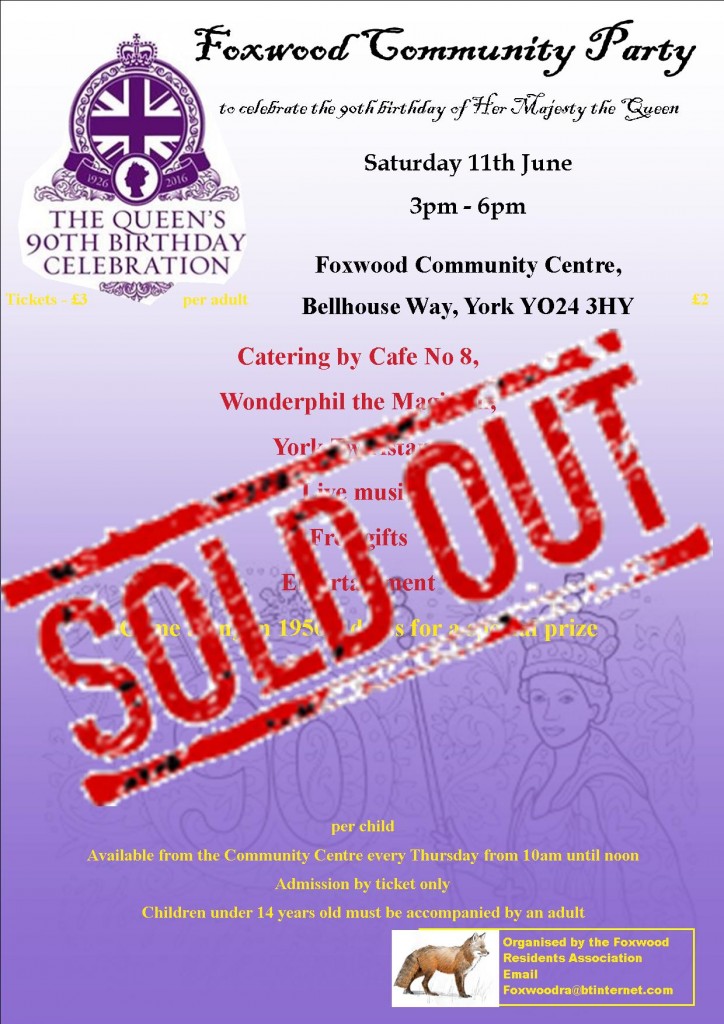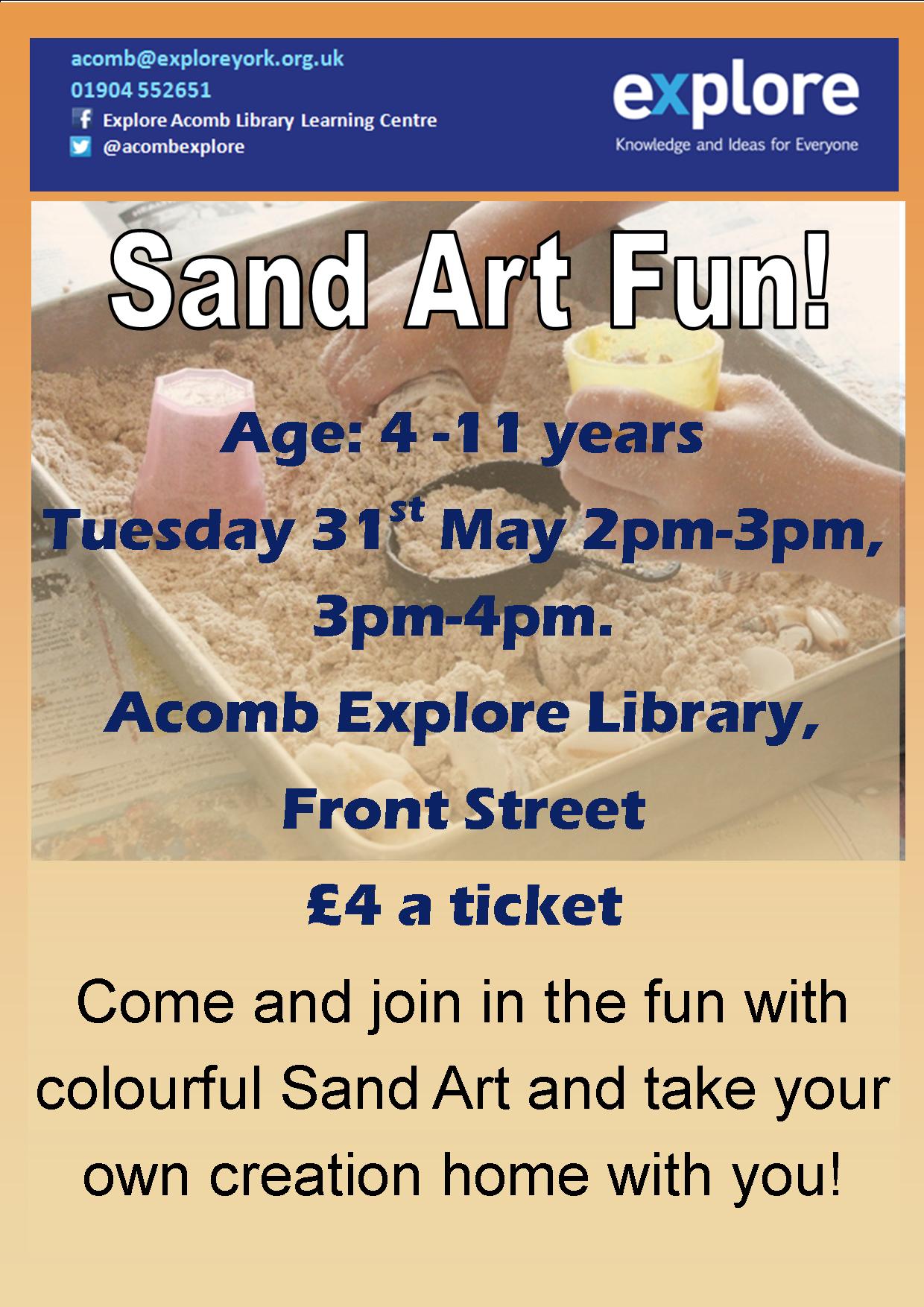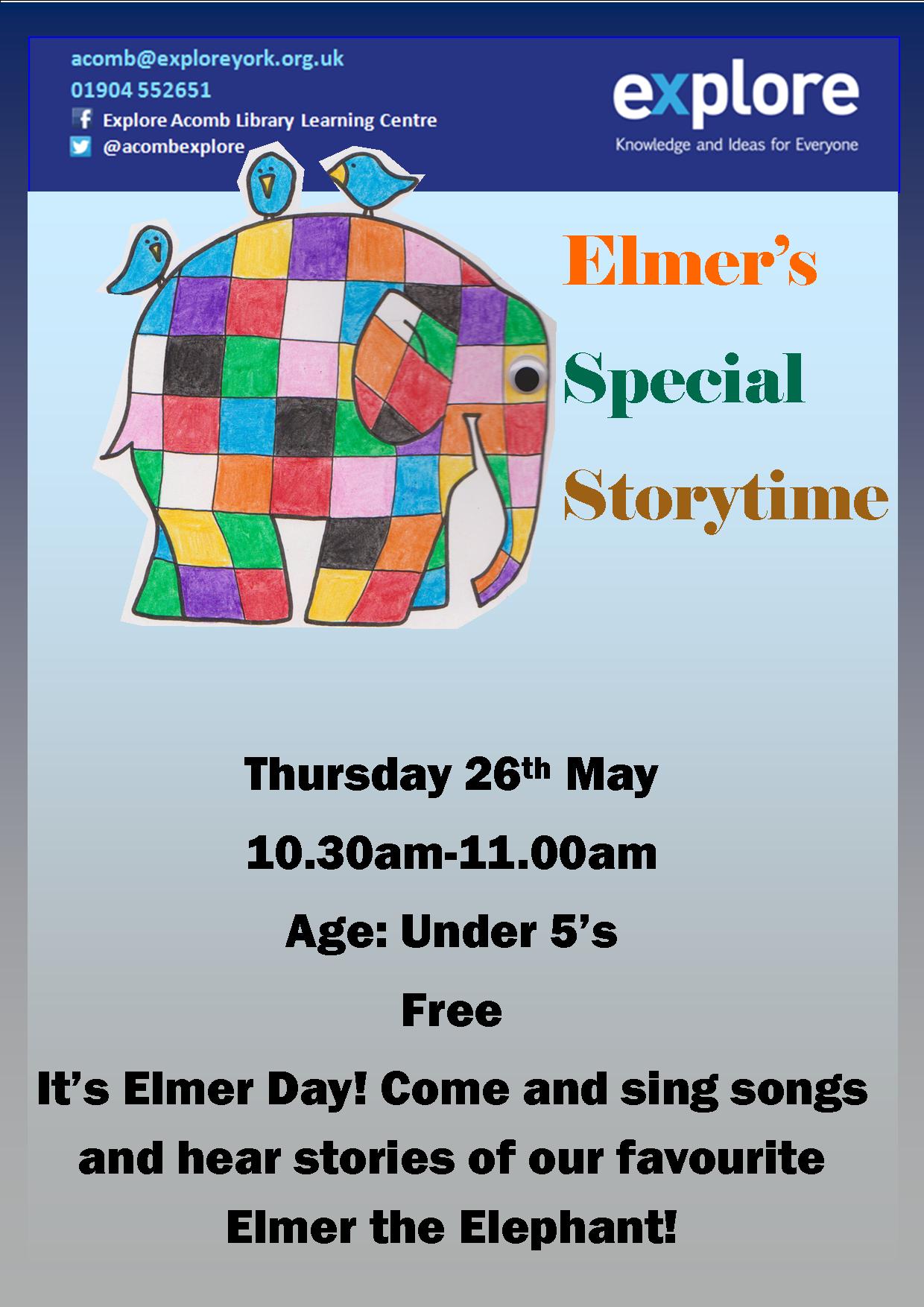Date: Thu 2 Jun – Sat 4 Jun
Time: 2.00pm – 3.00pm
Venue: York Explore Library
Cost: Vary
Romans in Huntington: Excavating the marching camps at Monks Cross, York
York Explore Library : Thu 2 Jun : 4.00pm – 5.00pm : £6 each (or £5 with a Yorkcard)
 In 2015 York Archaeological Trust ran a successful community archaeology project at the former Ryedale Stadium in Huntington, York as part of City of York Council’s Community Stadium initiative.
In 2015 York Archaeological Trust ran a successful community archaeology project at the former Ryedale Stadium in Huntington, York as part of City of York Council’s Community Stadium initiative.
Join Project Supervisor Arran Johnson as he explains how the local population got involved in the archaeological process, and learn more about the Roman temporary marching camps that they uncovered.
For more information please call York Explore Library on (01904) 552800 or archives@exploreyork.org.uk.
This event will take place in the Marriott Room.
To book ticket please visit www.visityork.org
More
The Pompeii of the North: Exploring Roman Binchester
York Explore Library : Fri 3 Jun : 2.00pm – 3.00pm £6 or £5 with a York Card
 Exploring the archaeology of the Roman fort at Binchester (County Durham), where recent research has revealed some of the best preserved Roman remains in Britain
Exploring the archaeology of the Roman fort at Binchester (County Durham), where recent research has revealed some of the best preserved Roman remains in Britain
The Roman fort at Binchester was a major military site on the road between York and Hadrian’s Wall. In recent years a major campaign of archaeological excavation has uncovered the remains of an impressively preserved Roman bath-house, as well as parts of barracks, shops and latrines.
This talk by Dr David Petts (Durham University), leader of the team of archaeological research team, explores what these remains can tell us about day to day life for soldiers and civilians on the Roman frontier, and looks at plans for more work on the site.
Tickets are available from Visit York and there are a maximum of 60 tickets.
More
An Introduction to the History and Archaeology of Roman York with Patrick Ottaway
York Explore Library: Sat 4 Jun : 1.30pm – 2.30pm : £6 (£5 with a York card)
 Come discover Eboracum as never before with archaeologist Patrick Ottaway as he introduces the citizens of today to life in Roman York.
Come discover Eboracum as never before with archaeologist Patrick Ottaway as he introduces the citizens of today to life in Roman York.
York (Roman Eboracum) was unique in Roman Britain in being both a military base and important urban centre for more than 350 years. Its remains are largely buried below the modern city, but archaeological investigations have revealed many of its secrets, including buildings and streets and details of the daily lives of its people.
This lecture will present an outline of the history and layout of Roman York using literary sources, inscriptions and archaeology. Some of the more significant excavations will be discussed.
More
Stories in Stones – tales of Roman Britain
York Explore Library : Sat 4 Jun : 3.00pm – 4.00pm £6.00 (£5.00 with a YorkCard)
 Ruth Downie is the author of the New York Times bestselling MEDICUS series featuring Roman Legionary medic Ruso and his British partner Tilla. Her fifth book, Semper Fidelis, is set in Eboracum. “Downie has a rare talent for combining great writing, razor wit and detailed historical research” (Lynne Patrick, Hey there’s a dead guy in the living room)
Ruth Downie is the author of the New York Times bestselling MEDICUS series featuring Roman Legionary medic Ruso and his British partner Tilla. Her fifth book, Semper Fidelis, is set in Eboracum. “Downie has a rare talent for combining great writing, razor wit and detailed historical research” (Lynne Patrick, Hey there’s a dead guy in the living room)
Come and discover bizarre Roman medical cures, find out why archaeology is like criminal investigation and why nobody can tell you a good Ancient British joke.
Ruth Downie left university with an English degree, a head full of Jane Austen and a plan to get married and live happily ever after. As a backup she learned typing and shorthand, in the mistaken belief that people would always need secretaries and that she might be quite good at it.
More
 Meet Maisie, listen to her owner talk about life with her. Try reading a Braille book. Choose an audio book. Make a Braille card and other crafts. There are lots of games and colourings.
Meet Maisie, listen to her owner talk about life with her. Try reading a Braille book. Choose an audio book. Make a Braille card and other crafts. There are lots of games and colourings.
 In 2015 York Archaeological Trust ran a successful community archaeology project at the former Ryedale Stadium in Huntington, York as part of City of York Council’s Community Stadium initiative.
In 2015 York Archaeological Trust ran a successful community archaeology project at the former Ryedale Stadium in Huntington, York as part of City of York Council’s Community Stadium initiative. Exploring the archaeology of the Roman fort at Binchester (County Durham), where recent research has revealed some of the best preserved Roman remains in Britain
Exploring the archaeology of the Roman fort at Binchester (County Durham), where recent research has revealed some of the best preserved Roman remains in Britain Come discover Eboracum as never before with archaeologist Patrick Ottaway as he introduces the citizens of today to life in Roman York.
Come discover Eboracum as never before with archaeologist Patrick Ottaway as he introduces the citizens of today to life in Roman York. Ruth Downie is the author of the New York Times bestselling MEDICUS series featuring Roman Legionary medic Ruso and his British partner Tilla. Her fifth book, Semper Fidelis, is set in Eboracum. “Downie has a rare talent for combining great writing, razor wit and detailed historical research” (Lynne Patrick, Hey there’s a dead guy in the living room)
Ruth Downie is the author of the New York Times bestselling MEDICUS series featuring Roman Legionary medic Ruso and his British partner Tilla. Her fifth book, Semper Fidelis, is set in Eboracum. “Downie has a rare talent for combining great writing, razor wit and detailed historical research” (Lynne Patrick, Hey there’s a dead guy in the living room)



 Young children in York can get into gear at special balance bike sessions for tots at the traffic free York Sport Village.
Young children in York can get into gear at special balance bike sessions for tots at the traffic free York Sport Village.  In this talk, Dr. Ceri Houlbrook will explore the theory that shoes were employed as protective devices, concealed within homes to protect the inhabitants from evil forces.
In this talk, Dr. Ceri Houlbrook will explore the theory that shoes were employed as protective devices, concealed within homes to protect the inhabitants from evil forces.
